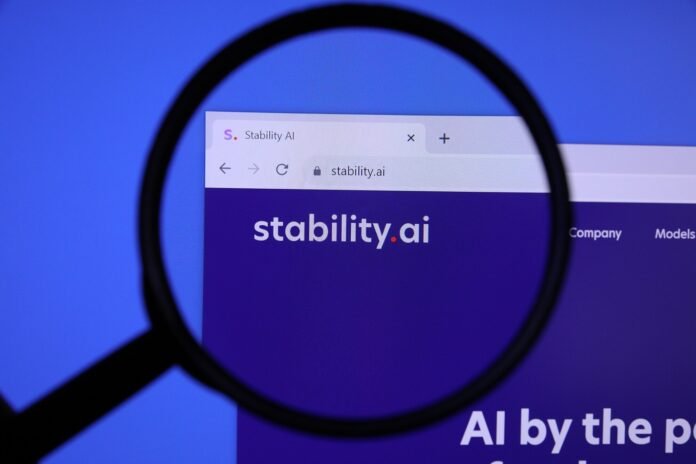[ad_1]
The Getty Images vs. Stability AI case is a recent landmark copyright battle that could significantly impact how AI tools utilise online content. The case is based on Getty’s accusation that Stability AI used millions of its images to train Stable Diffusion without permission.
What happens when AI learns from copyrighted content? That is the billion-dollar question at the heart of Getty Images’ lawsuit against Stability AI, which is now unfolding at the UK High Court.
The list of allegations proposed against Stability AI by Getty Images is as follows:
- Getty claims that around 11–12 million copyrighted images were scraped without consent
- Alleges direct copyright infringement, trademark misuse (watermarks appearing in AI outputs) and database right violation
- Getty also says that even if the training happened outside the UK, the harm was done within the UK
- Multiple legal angles, including copyright, trademark, and passing off, have been involved by Getty AI.
What does Stability say in defence?
Their defences hinge on several points. As Stability has contended, all training of its model, Stable Diffusion, occurred on U.S.-based servers (specifically AWS), thereby falling outside the territorial scope of UK copyright law. It further argues that any alleged reproduction of Getty’s content results from user input, not the model itself and such outputs may fall under the UK’s “fair dealing” exception for parody and pastiche. Additionally, Stability maintains that Stable Diffusion, as non-tangible software, does not qualify as an “article” under the Copyright, Designs and Patents Act 1988 and thus is not subject to infringement in the manner alleged by Getty.
Moulding updates:
However, in a somewhat surprising turn just before closing arguments, Getty dropped its direct copyright claims, choosing to focus on trademark, passing-off and secondary infringement; highlighting how AI-generated content, once created, is distributed and used in the UK.
This saga is not just about a mere lawsuit. Legal experts say the outcome could set a precedent: Will AI developers need to obtain a license for every piece of data they train on? Or will public scraping continue to be the norm in the industry? A verdict on this subject and case is expected later this year. Whatever the decision, it will likely influence AI innovation, content licensing and copyright law not merely in the UK but also globally.
[ad_2]
Source link

